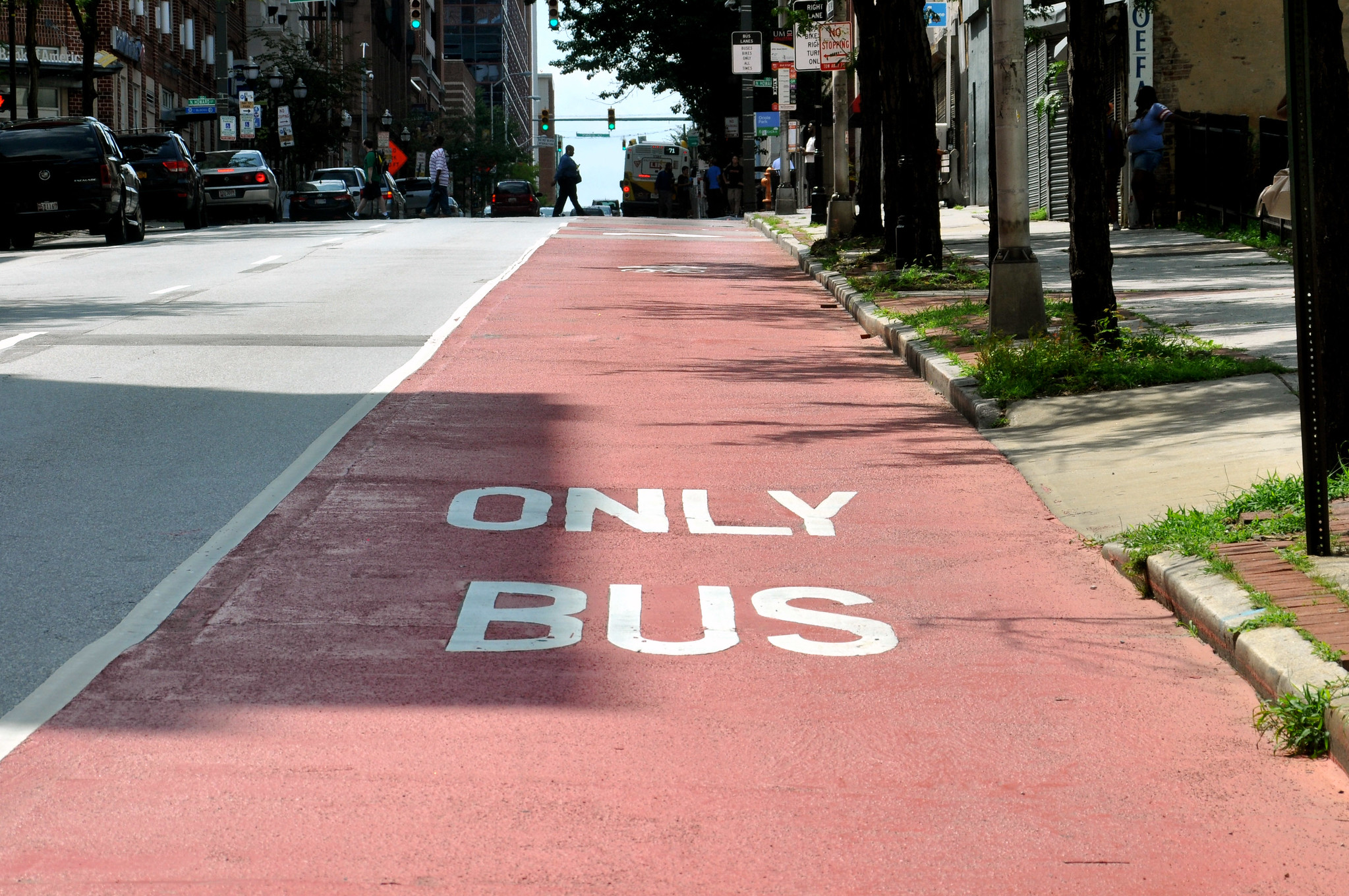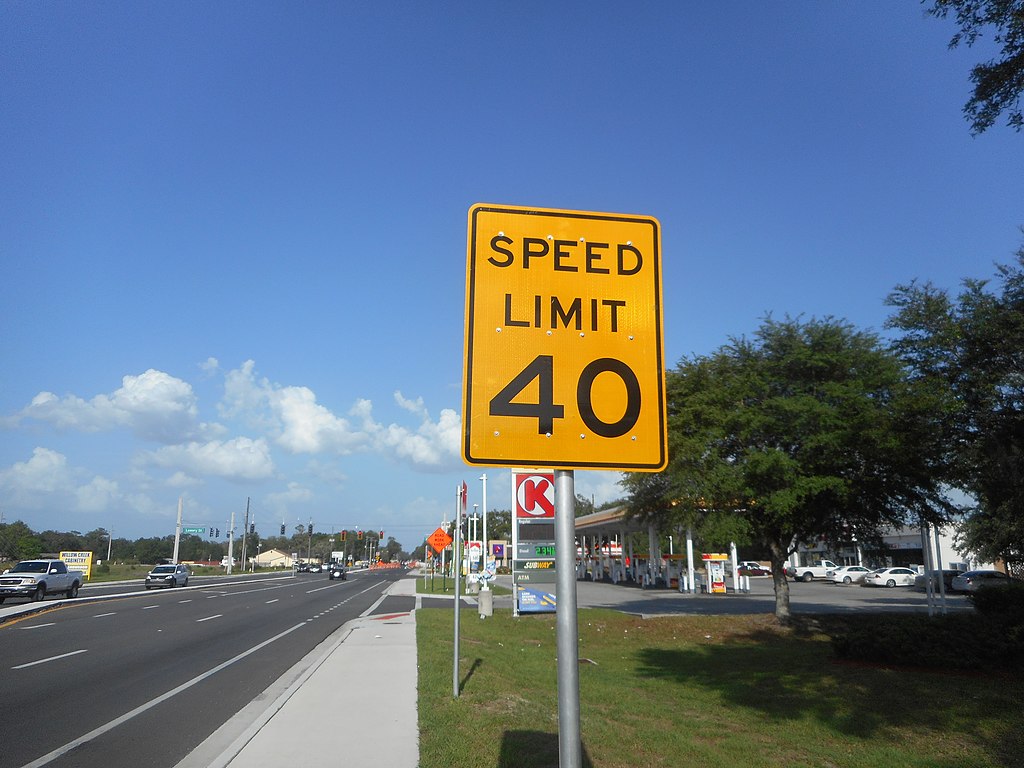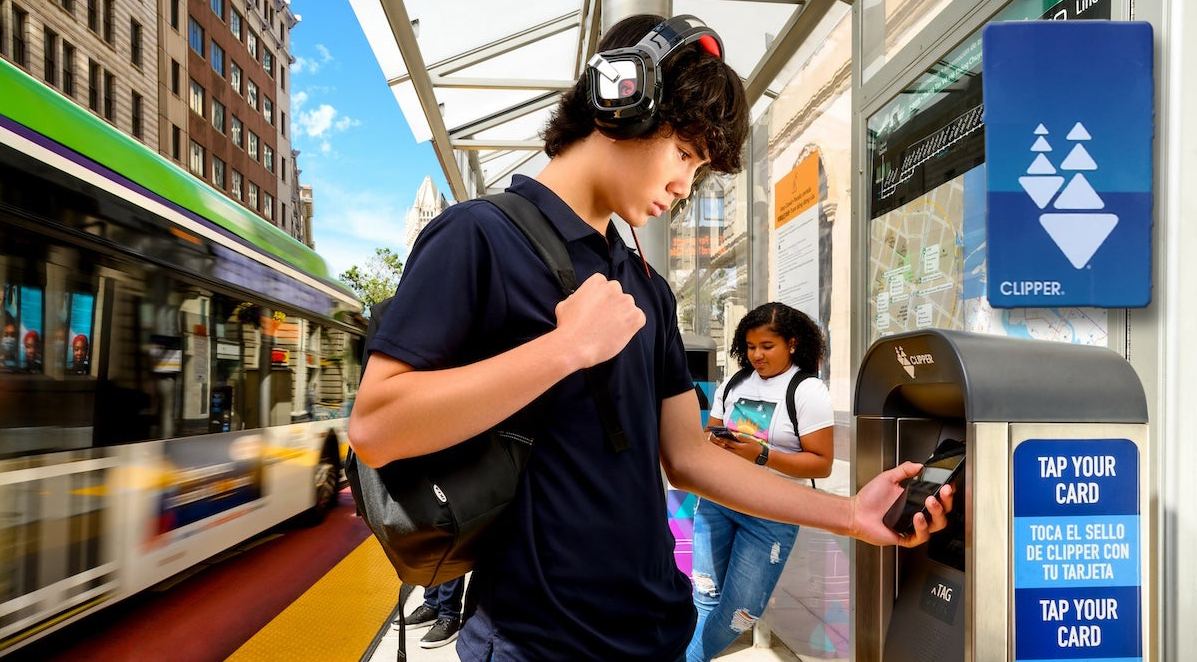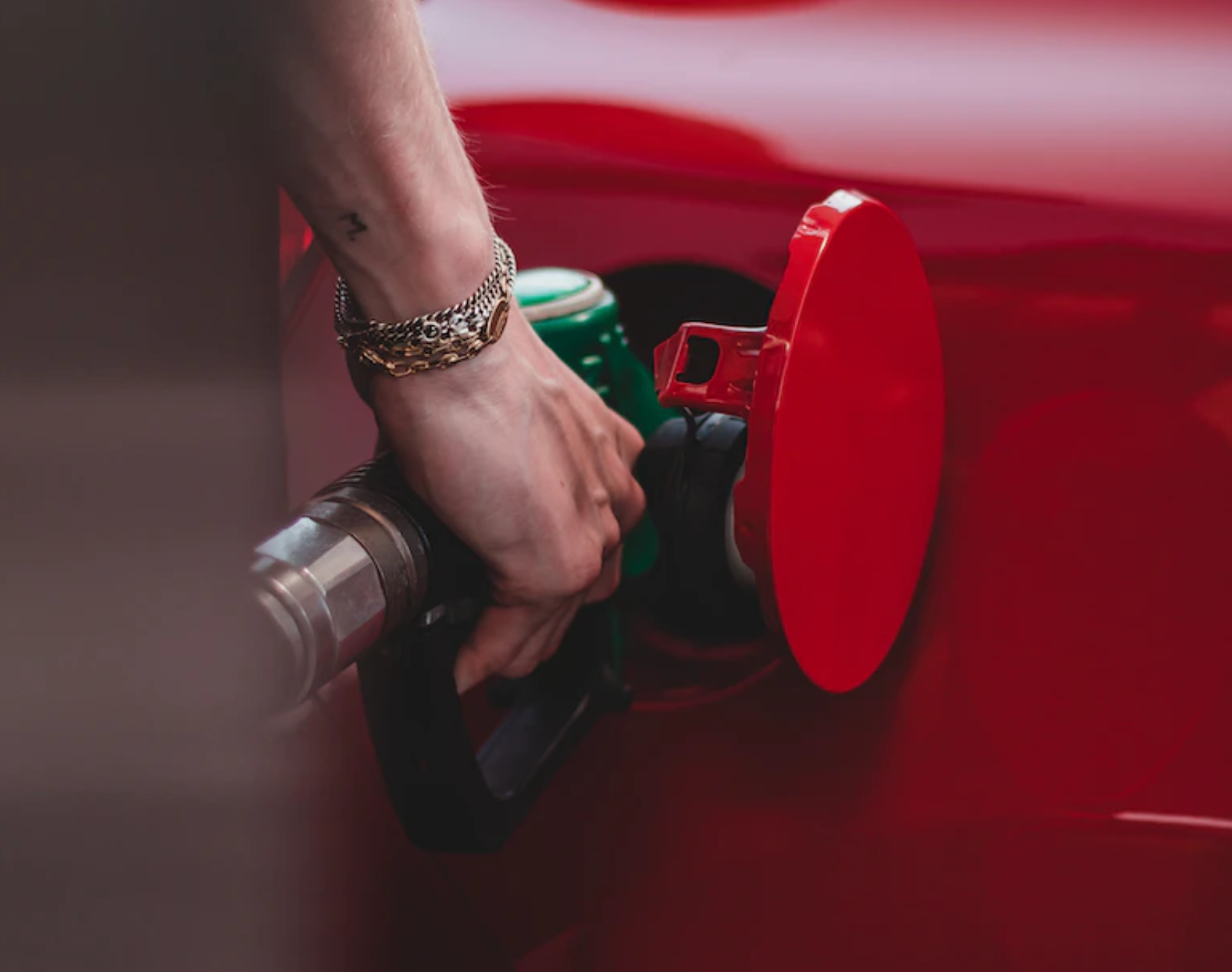Update: This article was amended at 5:25 p.m. to reflect corrections in the original article.
Environmental attorneys in Wisconsin are doing tremendously important work. Groups representing people of color and poorer Wisconsinites recently won an injunction are advancing a lawsuit against a $1.7 billion interchange outside Milwaukee. They argued that such a costly highway project, with no provisions for transit, is discriminatory because it confers advantages to relatively wealthy commuters while offering nothing for the region's transit-dependent population.
This lawsuit has the potential to set an important precedent about state highway spending and social equity in cities. Robbie Webber at the State Smart Transportation Initiative discusses the implications:
A federal judge in Wisconsin has allowed a lawsuit against a major urban freeway project to proceed, agreeing with community groups that low-income residents could suffer “irreparable harm” if the project moves forward. The groups contend that the project advantages wealthier auto commuters at the expense of poorer transit riders, and the judge found that the plaintiffs have a likelihood of success on the merits.
The Black Health Coalition of Wisconsin and Milwaukee Inner-city Congregations Allied for Hope targeted the project’s environmental impact statement, claiming that state and federal transportation officials failed to fully evaluate the project’s environmental and related social and economic impacts.
No one denies that the interchange at the junction of Interstate 94 and U.S. Highway 45—named the Zoo Interchange because of its proximity to the Milwaukee Zoo—needs to be rebuilt. Safety and design problems, as well as deteriorating pavement, need to be addressed. However, the objections by the community groups stem from a lack of transit components in the project, even though a 2006 regional plan commission plan recommended that public transit in the area be doubled by 2035 in addition to upgrading highway capacity.
The plaintiffs argue that transit-dependent city residents need access to jobs in the suburbs served by the project, that the project will accelerate development in suburban locations, and that the project will have detrimental effects on air quality. The project’s EIS provides evidence of substantial transit service between the core urban area on the eastern end of the project and suburban Waukesha County, the western terminus of the project. However with the exception of one route, this service is structured to provide peak travel-direction service for suburban residents accessing jobs in the city and does not provide reverse access.
One of the items the judge found fault with in the EIS was the failure to consider the "growth-inducing effects" of the project -- sprawl, essentially.
Elsewhere on the Network today: Bike Portland notes that in Amsterdam, bikeways are designed to facilitate social interaction. The Greater Marin contemplates the love-hate relationship some activists have with their city. And the City Fix reports that in Brasilia this week, pedestrians are treated like royalty.






